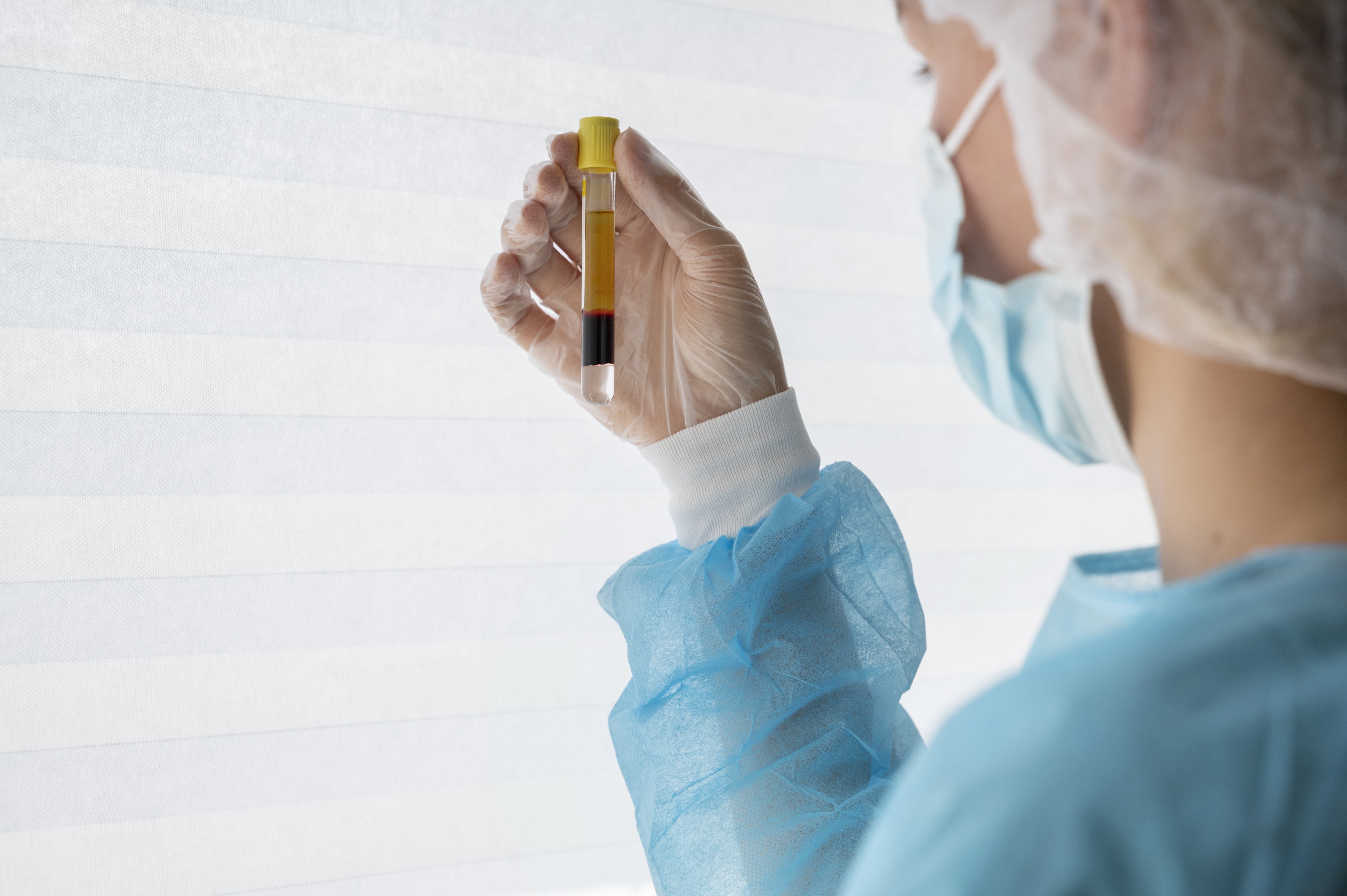Drug testing has become more common in many settings, from workplaces to healthcare facilities. Understanding how different substances appear on drug tests enables individuals to make informed decisions about their health and treatment options. This guide explains how ketamine appears on 12-panel drug tests, what affects detection, and how long it stays in your system. Finding accurate information about drug testing is crucial when selecting a reliable rehab center.
Ketamine Detection in 12-Panel Tests
Ketamine does show up on 12-panel drug tests because of how it reacts with testing chemicals. This medication, used as an anesthetic and sometimes for depression treatment, has a special chemical structure that test reagents can identify. When ketamine enters your body, it breaks down into other substances called metabolites. These include norketamine and dehydronorketamine, which can also be detected through these tests. The testing process works by looking for these substances in your body fluids. Understanding how ketamine interacts with drug tests helps explain why it gets detected and ensures accurate test results.
Factors Affecting Ketamine Visibility
Several things affect how long ketamine shows up in drug tests. Your body's metabolism speed plays a big role - people who process drugs faster may clear ketamine sooner. The amount of ketamine taken also matters, as larger doses stay in your system longer. Your age, liver health, and overall physical condition influence how quickly your body removes the drug. People metabolize substances differently, so detection times vary from person to person. Other factors, like how often you use ketamine and your body weight, can also change detection windows. Knowing these factors helps predict how long ketamine might be detectable in your system.
False Positives and Ketamine Testing
Sometimes, ketamine tests can give wrong results, called false positives. This happens when other medications or substances make the test think ketamine is present when it's not. Basic drug tests, known as immunoassays, sometimes react to similar chemicals, leading to confusion. To address this issue, laboratories employ more detailed tests, such as gas chromatography-mass spectrometry (GC-MS) or liquid chromatography-tandem mass spectrometry (LC-MS/MS). These advanced tests can tell the difference between ketamine and other substances. This extra testing step helps ensure accurate results and reduces mistakes in drug testing.
Ketamine Detection Window Period
Ketamine stays detectable in your body for different amounts of time depending on the test type used:
• Urine tests: Can find ketamine for 1 to 4 days after use
• Blood tests: Detect ketamine for about 1 day
• Hair tests: Show ketamine use for up to 90 days
The detection time depends on how much you use, how often you use it, and how your body processes drugs. Urine tests are most common because they're easy to do and have a reasonable detection window. Blood tests are effective for recent use, while hair tests can reveal longer-term patterns. Understanding these timeframes helps you know what to expect from different types of drug testing.
Tips for Ketamine Testing Success
Getting accurate ketamine test results requires following proper procedures. Use the right type of test for your needs - urine tests for recent use or hair tests for longer detection periods. Store samples correctly and use trustworthy testing kits to avoid errors. Follow collection instructions carefully to prevent contamination. Know that ketamine leaves your system relatively quickly compared to other drugs. If you're getting tested, be honest about any medications you take that might affect results. Understanding how ketamine works in your body helps interpret test results correctly and ensures reliable testing outcomes.
Other Related Posts:







.png)
.png)




